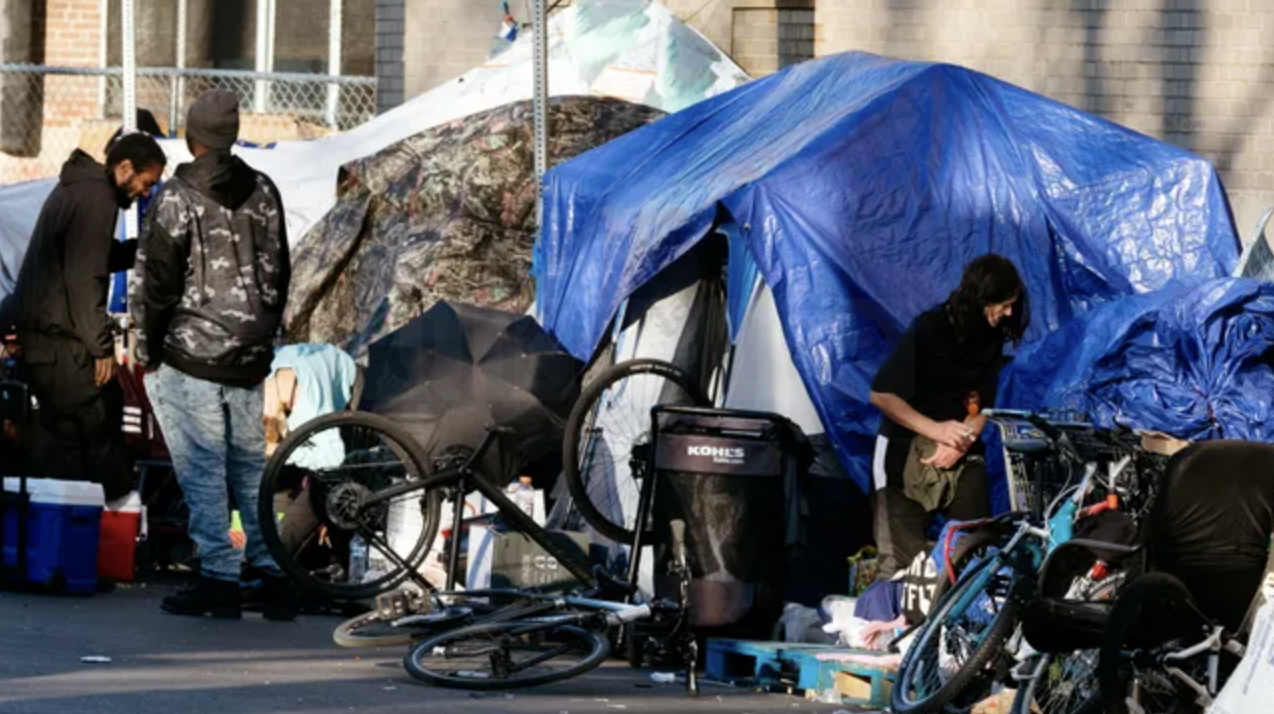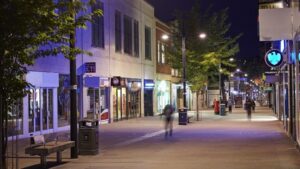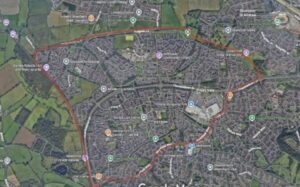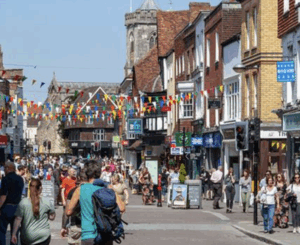In a landmark decision, the U.S. Supreme Court ruled on Friday that cities can enforce bans on homeless people sleeping outdoors in West Coast areas where shelter space is lacking.
The case, which has been closely watched, addresses a critical issue as the number of people without permanent housing continues to rise.
The 6-3 decision overturns a ruling by a San Francisco-based appeals court that had deemed outdoor sleeping bans to be cruel and unusual punishment. The bipartisan group of leaders who brought the case argued that these bans were necessary to manage outdoor encampments encroaching on sidewalks and other public spaces in nine Western states, including California, which harbours one-third of the nation’s homeless population.
However, homeless advocates expressed concern that allowing cities to punish individuals seeking a place to sleep would further exacerbate the crisis. While cities had previously been allowed to regulate encampments, they couldn’t outright bar people from sleeping outdoors.
The case originated in the rural Oregon town of Grants Pass, where local ordinances imposed fines of $295 on those found sleeping outside after tents began crowding public parks. The U.S. 9th Circuit Court of Appeals, which oversees the nine Western states, has held since 2018 that such bans violated the Eighth Amendment in areas where sufficient shelter beds were unavailable.
This ruling comes at a time when homelessness in the United States surged by 12% last year, reaching its highest reported level. Soaring rents and a decline in pandemic assistance have combined to make housing unattainable for more people, underscoring the urgency of addressing this crisis


































